If you’ve ventured into the world of NAS operating systems, you may already be familiar with the Unraid vs. TrueNAS Scale debates. Both distros have their followers, and for good reason. Unraid combines a simple UI with a plethora of apps and file systems, though it can cost a pretty penny to set up. Meanwhile, TrueNAS Scale offers top-tier performance alongside terrific support for ZFS and (more importantly) doesn’t charge for a paid license – but its interface has a rather steep learning curve.
But if you’re looking for a new distro for your storage server, you can find a couple of neat operating systems that can walk toe-to-toe with TrueNAS Scale and Unraid, and in some cases, even surpass them on the stability and functionality fronts.
4 XigmaNAS
All the ZFS goodness wrapped inside a minimalist UI
At first glance, XigmaNAS can have a rather barebones interface, especially if you’re coming from the slick UIs of TrueNAS Scale and Unraid. But underneath the simple-looking interface, XigmaNAS hides top-tier support for ZFS, which provides the holy trifecta of high performance, RAID compatibility, and support for snapshots. Heck, XigmaNAS even lets you deploy a High Availability Storage (HAST) configuration, a feature that’s absent from its popular rivals.
On the backups front, XigmaNAS also supports Rsync and Syncthing out-of-the-box. Combine these neat services with a HAST setup involving a couple of systems, and you can achieve a powerful 3-2-1 backup configuration with XigmaNAS. That said, its virtualization provisions leave a lot to be desired, as phpVirtualBox can be a royal pain to work with. XigmaNAS also supports jails like other FreeBSD distributions, though self-hosting your own services remains a difficult undertaking – especially when compared to the other options on this list.
3 Rockstor
For Btrfs lovers who want solid Docker support
Rockstor is another FOSS operating system, though it differs quite a lot from XigmaNAS. Instead of FreeBSD, it’s powered by Linux, making it a bit more approachable for beginners. Rockstor also trades ZFS for Btrfs, which offers a more flexible storage setup where you can resize your pools at the press of a button. You also get robust CoW snapshot and backup options, alongside the bit-rot protection and checksum facility that Btrfs is known for.
Then there’s Rockstor’s support for Docker plugins, which are aptly named Rock-ons. From productivity-driven services like Collabora Online, Nextcloud, and GitLab CE to Pi-hole, Zabbix, Vaultwarden, and other miscellaneous apps, Rockstor includes a plethora of neat tools you can self-host on your NAS. Then there’s the built-in Tailscale support, which is a godsend if you want to access your storage server even when your LAN is shackled by CGNAT.
2 TrueNAS Core
A highly stable distro for data hoarders
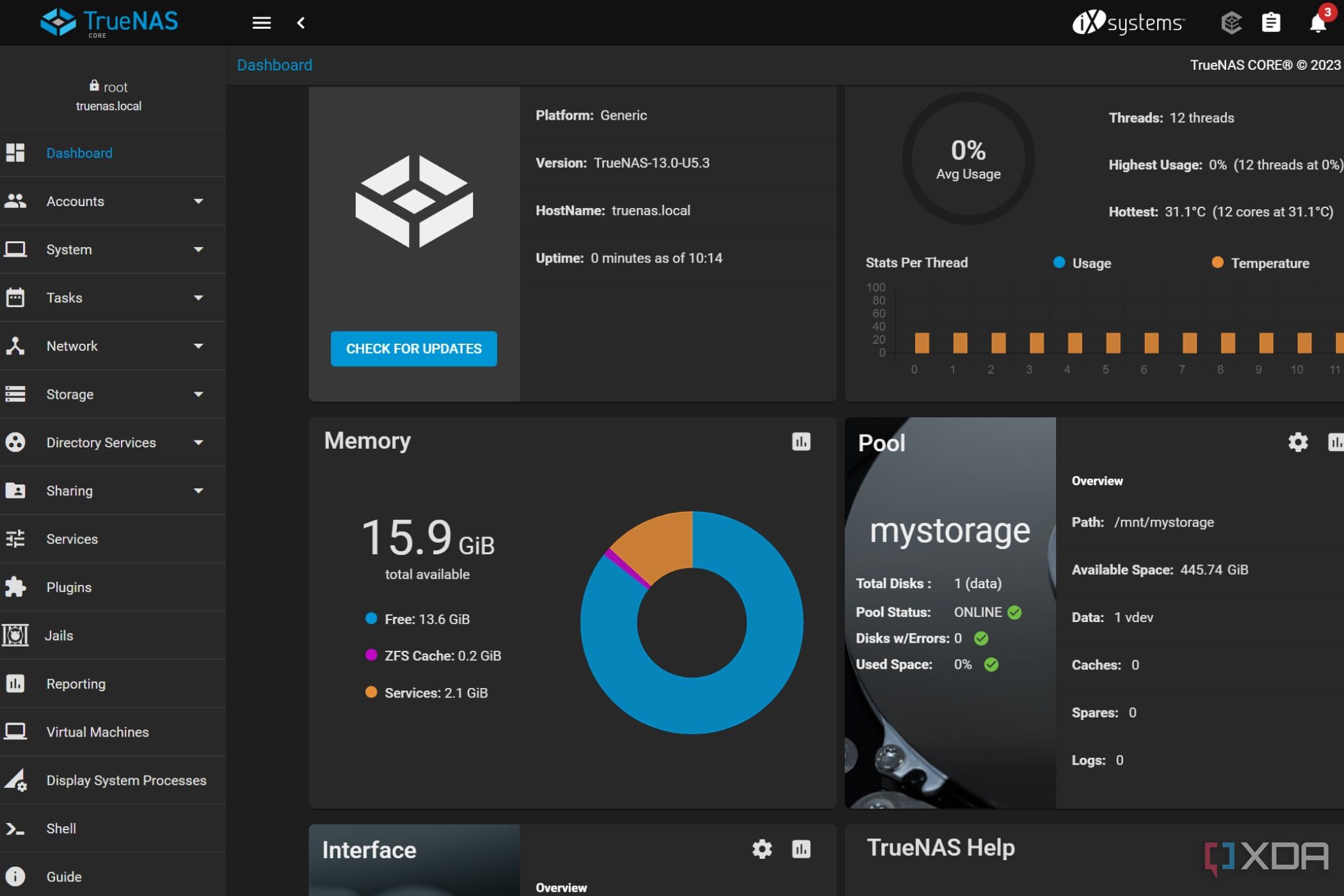
Although iXsystems has shifted its focus on the Linux-based TrueNAS Scale, its FreeBSD-powered counterpart has become the ol’ reliable option for folks who want a stable storage server. TrueNAS Core is also compatible with several network-sharing protocols and provides decent performance in virtualization tasks as well as normal file-transfer workloads.
While we’re on the subject of virtualization, TrueNAS Core makes it easy to deploy jails and Bhyve-based VMs – especially when contrasted with fellow FreeBSD distro, XigmaNAS. TrueNAS Core may not include as many features as TrueNAS Scale going forward, but iXsystems will continue to roll out maintenance updates for the distro, making it a terrific option for data hoarders who require a mature OS for their old storage servers.
With the right set of plug-ins, it’ll soar into the NAS skies
OpenMediaVault may not be as obscure as Rockstor or XigmaNAS, but it’s often overshadowed by Unraid and TrueNAS Scale. For a budget-friendly storage server built with inexpensive ARM systems (or even their RISC-V counterparts), OMV is unbeatable by other NAS-centric distributions, and its low hardware requirements make it just as useful for weaker x86 systems.
Although OMV supports the typical NAS features, the barebones version of the distro can feel rather limited. That’s where the plug-in store comes in handy, as it can turn your OpenMediaVault rig into a behemoth of a storage server. Whether it’s block storage, ZFS pools, Docker/Podman containers, KVM-based virtualization, Kubernetes integration, or Rsnapshot support, OpenMediaVault includes a plug-in for practically every utility you could ever want in your NAS.
Spice up your NAS game with cool distributions
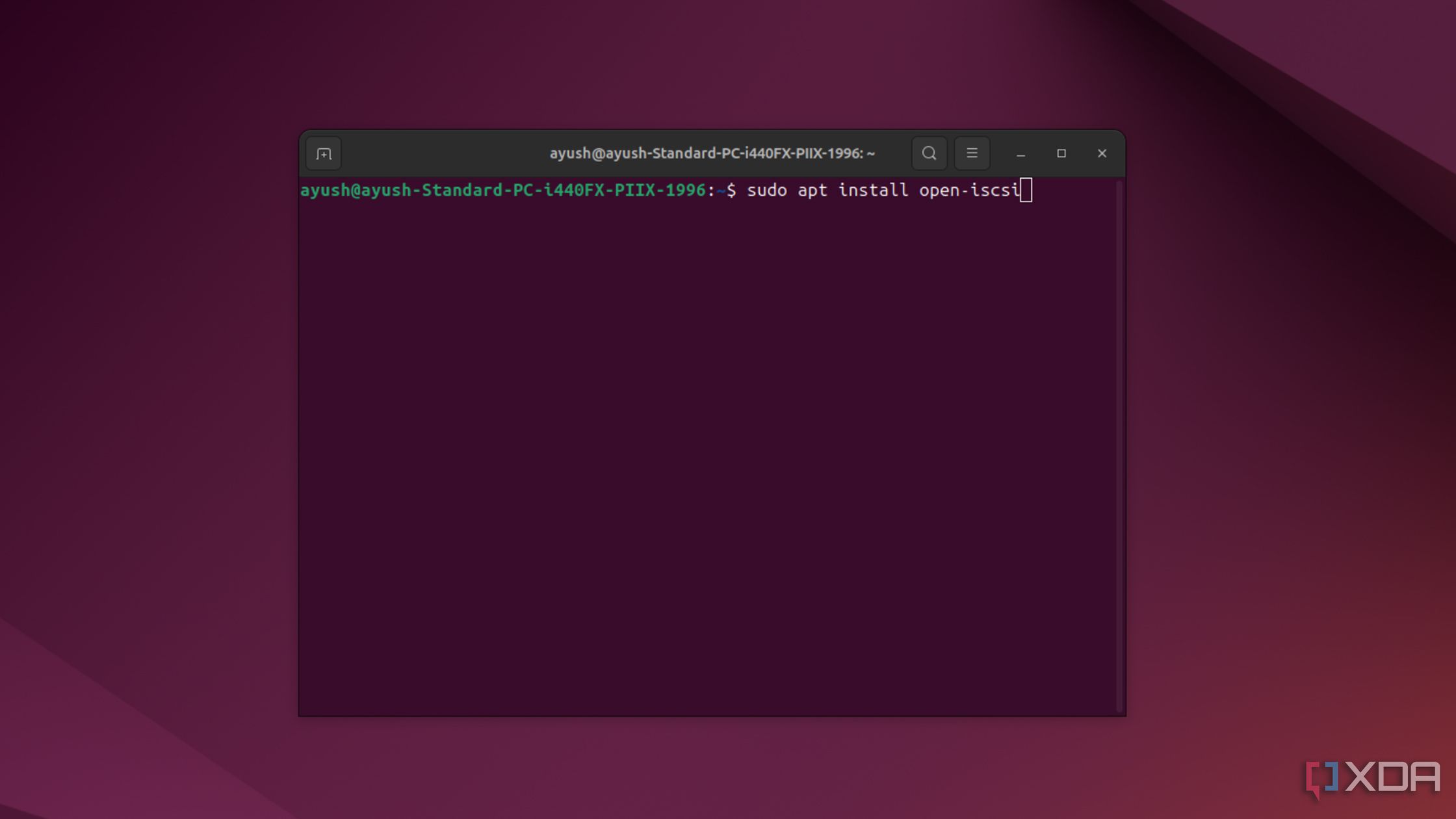
If you’re still on the lookout for neat operating systems for your NAS configuration, I’ve got some more recommendations. Debian, the golden standard for Linux operating systems, can serve as a neat distribution for your storage server – provided you’re willing to install all the NAS-centric packages manually. If you consider yourself a home labber first and foremost, I recommend checking out a bare-metal virtualization platform like Proxmox or XCP-ng. The former, in particular, is so flexible that you can even install the Samba and iSCSI packages on top of your PVE node and get a basic NAS server up and running without using LXCs or virtual machines!
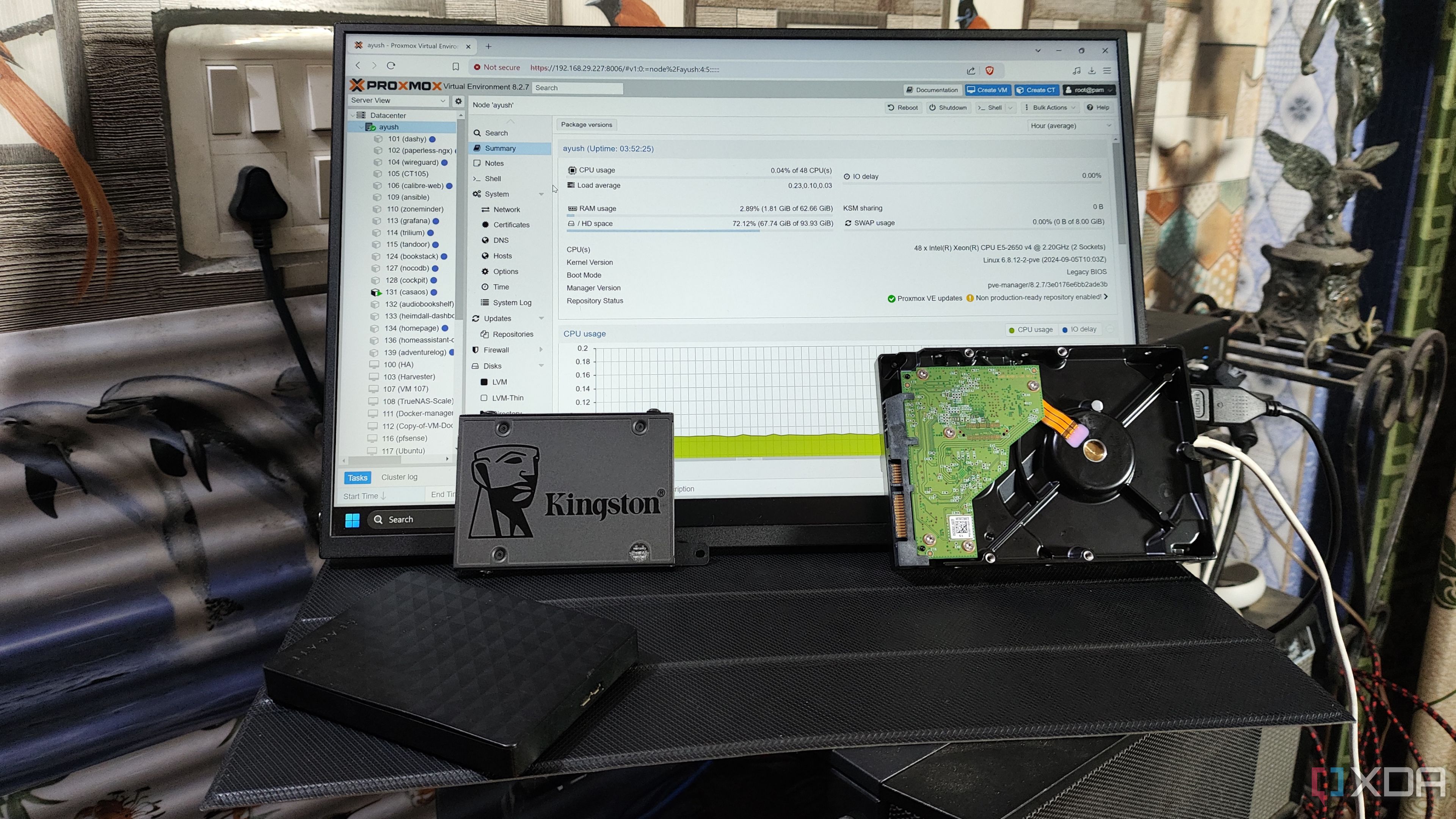
Related
Build a NAS on your Proxmox server - without relying on VMs or containers
Even without virtual guests, your Proxmox machine can double as a solid NAS solution
.png)
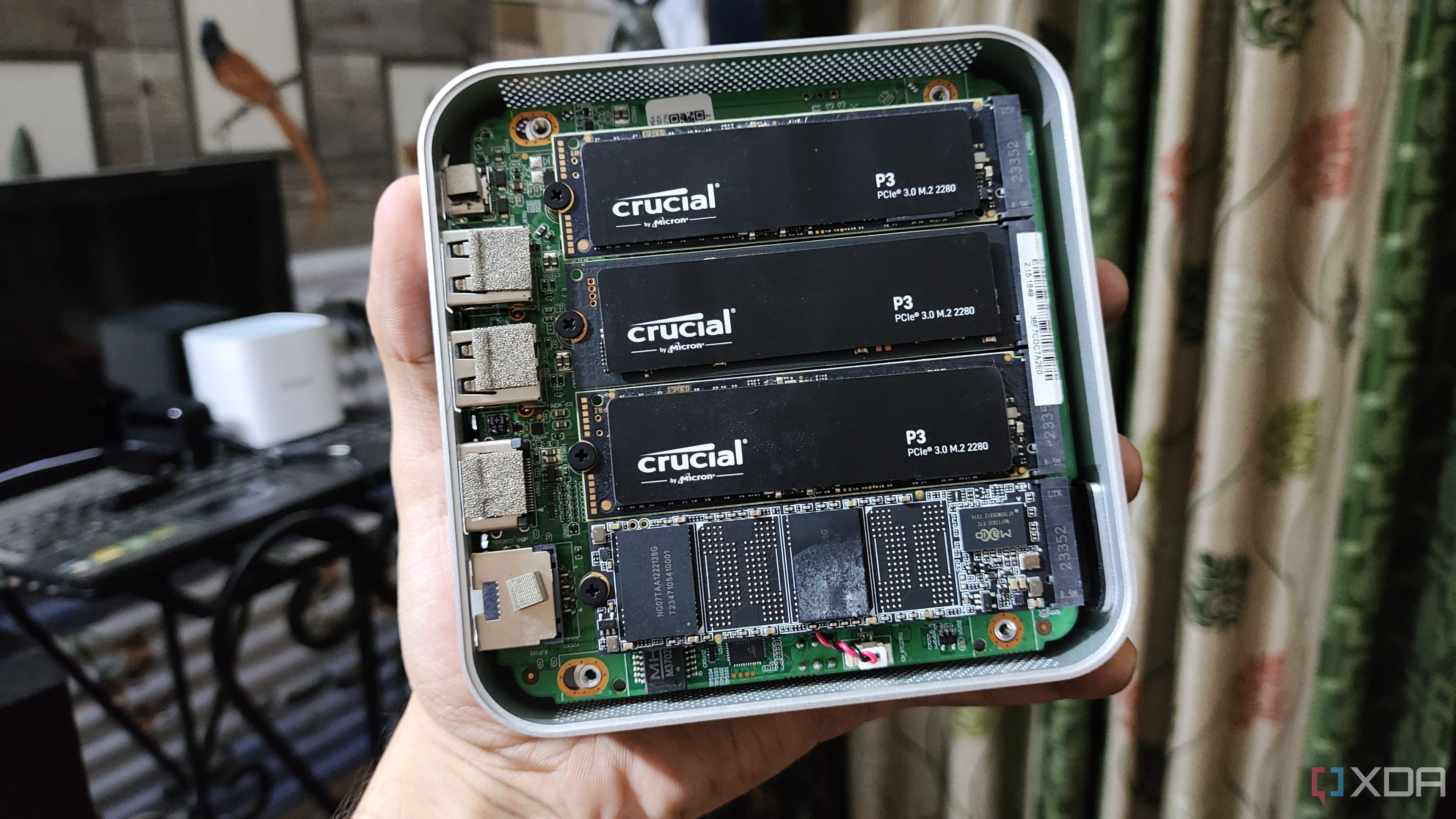
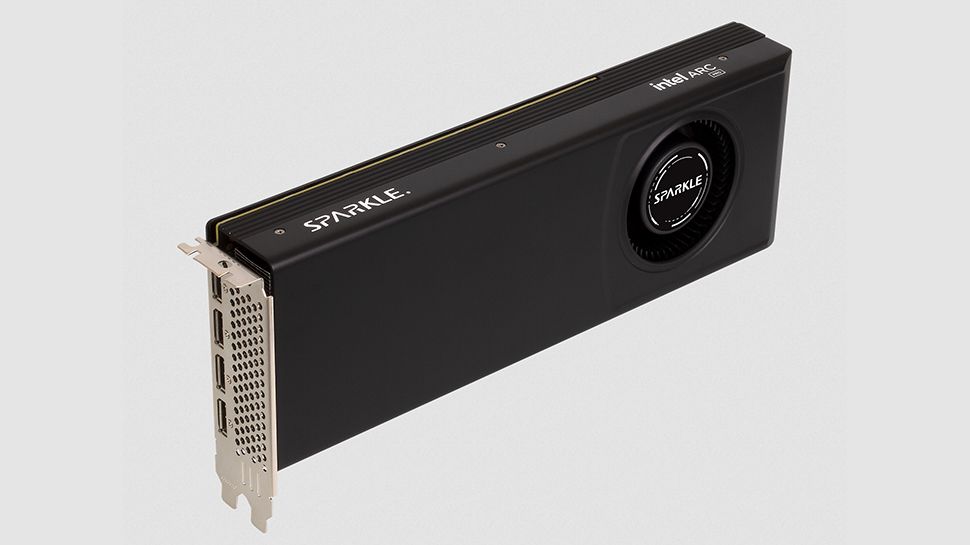










 English (US) ·
English (US) ·